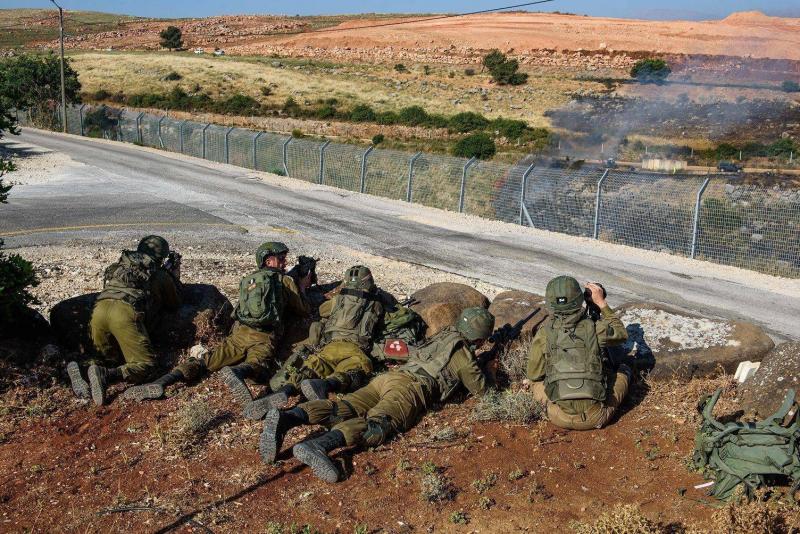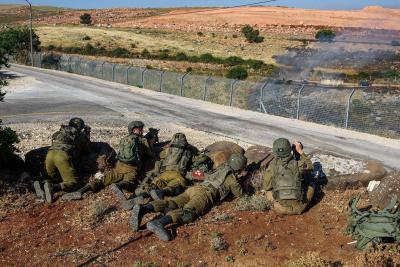The decrease in violent confrontations in southern Lebanon did not last long, as Israel returned yesterday to intensifying targeting and assassination operations against fighters and operatives of Hezbollah, as well as members of the Islamic Group. Meanwhile, Hezbollah's response took the form of increasing missile strikes and the use of heavy missiles. Although this recent round of violence does not carry any special implications and is seen as a continuation of the tense atmosphere preceding Israeli Prime Minister Benjamin Netanyahu's visit to Washington, concerns remain heightened due to the dangerous escalation accompanying the field confrontations and the fierce competition between military escalation and diplomatic efforts to prevent the outbreak of a major war, as noted in "Al-Nahar".
Interestingly, ahead of Netanyahu's reception, Washington has emphasized preventing the escalation of conflict and has ruled out a full-scale war, with the White House stating it sees no indicators of a comprehensive war along the Lebanon-Israel border. Moreover, Foreign Minister Abdullah Bou Habib continued a series of meetings with several foreign ministers yesterday, participating in discussions at the UN Security Council on the situation in the Middle East. The government appeared internally different, as internal discrepancies among its components emerged over sensitive issues related to the military. The session of the Cabinet, which approved Defense Minister's request regarding the military academy, did not curb the existing differences among government components, highlighting the decay affecting the structure of constitutional institutions, exacerbated by an extended presidential vacuum crisis and severe political deadlock.
On the field, yesterday was marked by intensified targeting operations carried out by Israeli drones, resulting in the death of Islamic Group leader Abu Mahmoud Mohammed Jabara due to an airstrike in the Gaza region of Western Beqaa. An Israeli drone struck Jabara's car on the town road, igniting it. Another Israeli airstrike targeted an open area in the mountains above the town of Ain Tina in Western Beqaa. Simultaneously, on the southern front, an Israeli drone targeted a vehicle carrying a member of Hezbollah, Hassan Ali Mahna Abu Hadi, from the town of Jabal al-Batm, whom the party mourned. The Israeli army conducted a sweep operation with machine guns toward the town of Al-Wazani, targeted the town of Shihin with a guided missile, and sporadic artillery shelling hit the town of Aita al-Shaab.
The drone also struck an uninhabited room where a fire broke out in Wadi al-Aziya at the outskirts of the town of Zbaqin, and firefighting teams headed to the area. A second airstrike targeted the area between Yater and Zbaqin. The tremendous sound generated by the Israeli warplanes breaking the sound barrier, appearing in the skies over Nabatieh, led to a portion of the roof collapsing in a house in the Freddy neighborhood in the town of Kfar Tabbnit, with the family narrowly escaping.
In contrast, Hezbollah announced that it bombarded surveillance equipment at the Hadb Yarin site with appropriate weapons, resulting in its destruction. Israeli media reported in the evening that around 20 "Volcano" missiles were fired from southern Lebanon toward northern Israel. The party announced in the evening that, in response to the attacks and assassinations carried out by Israel in the towns of Gaza and Jabal al-Batm, they launched an aerial attack with a squadron of kamikaze drones targeting the Pilon base, headquarters of the 210th Division and its warehouses in the northern region, southeast of Safed city, targeting the positions and stability of its officers and soldiers, according to "Al-Nahar."




